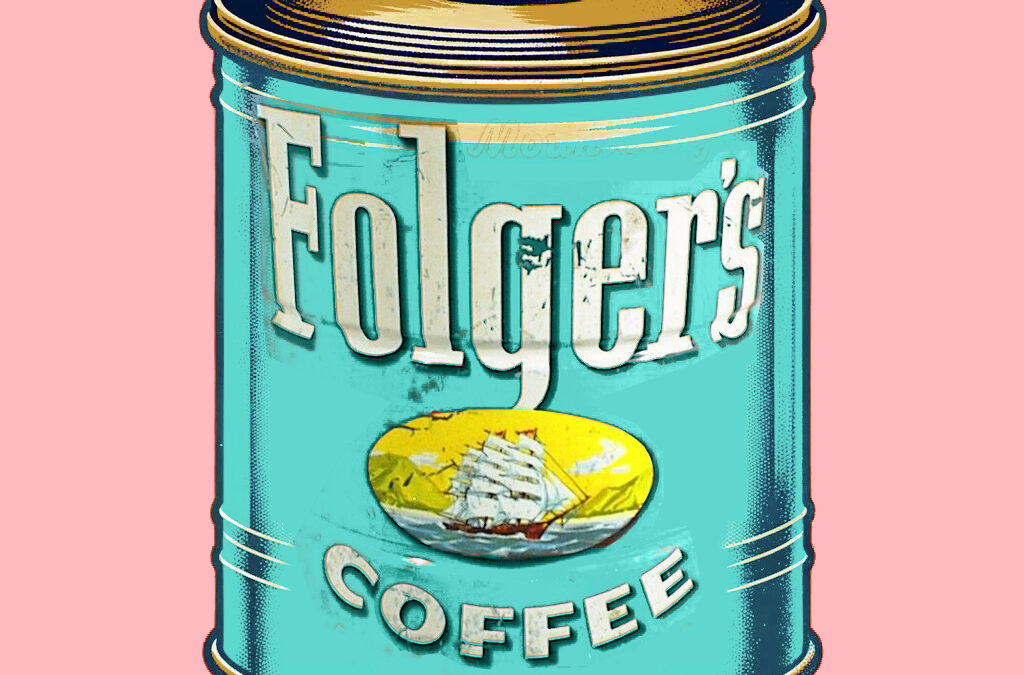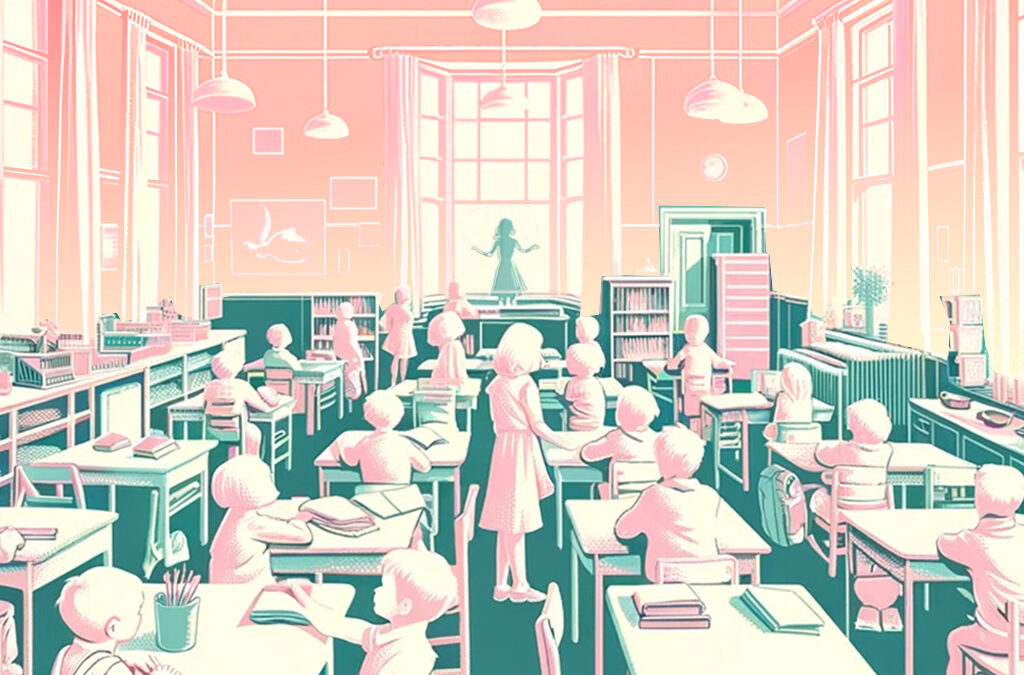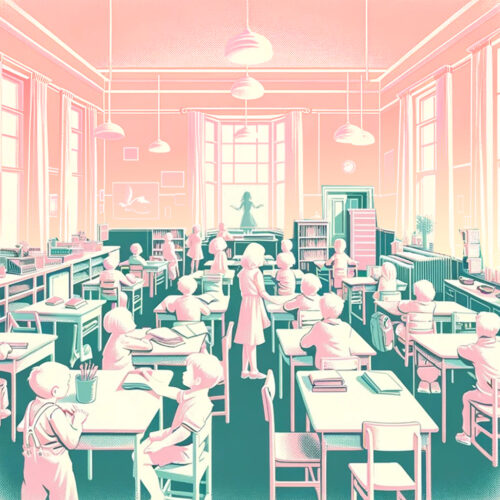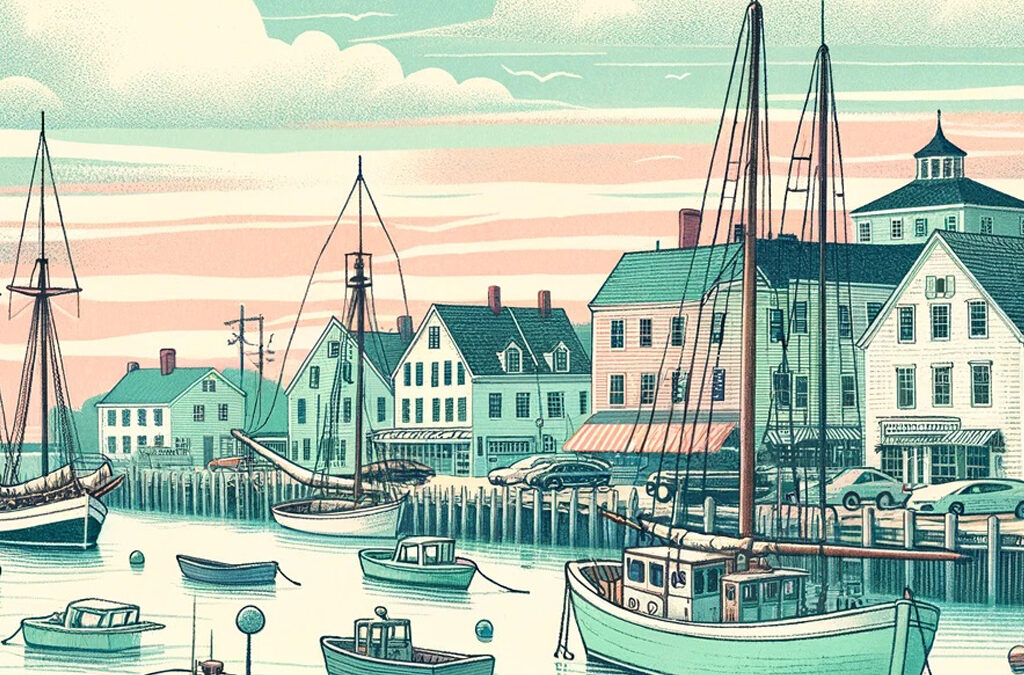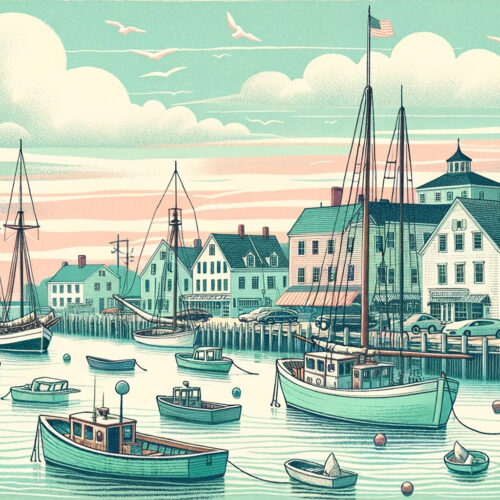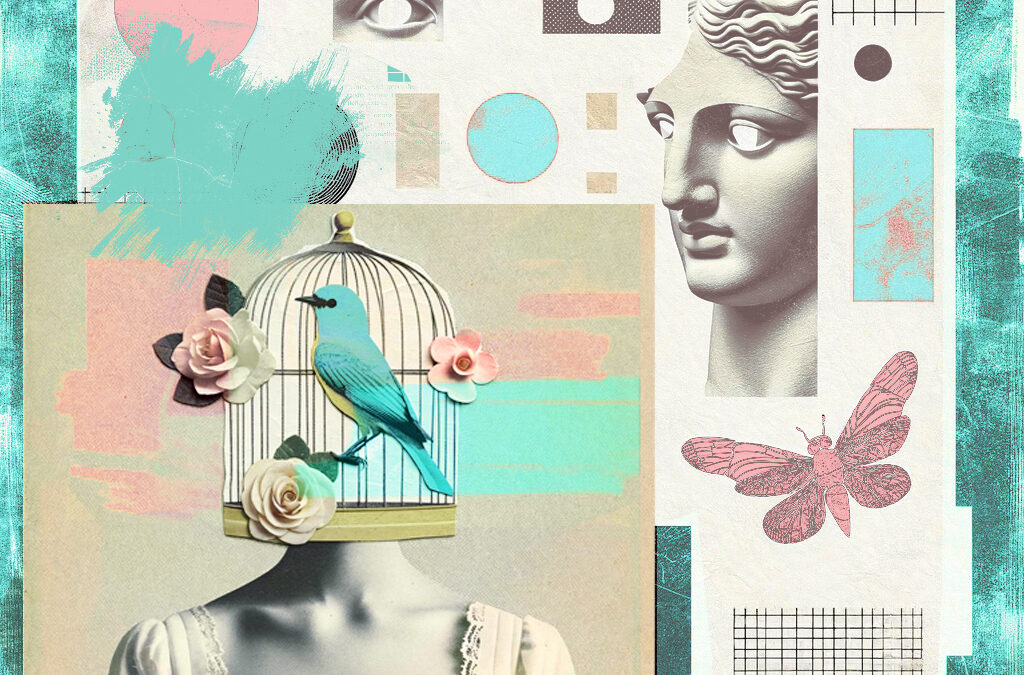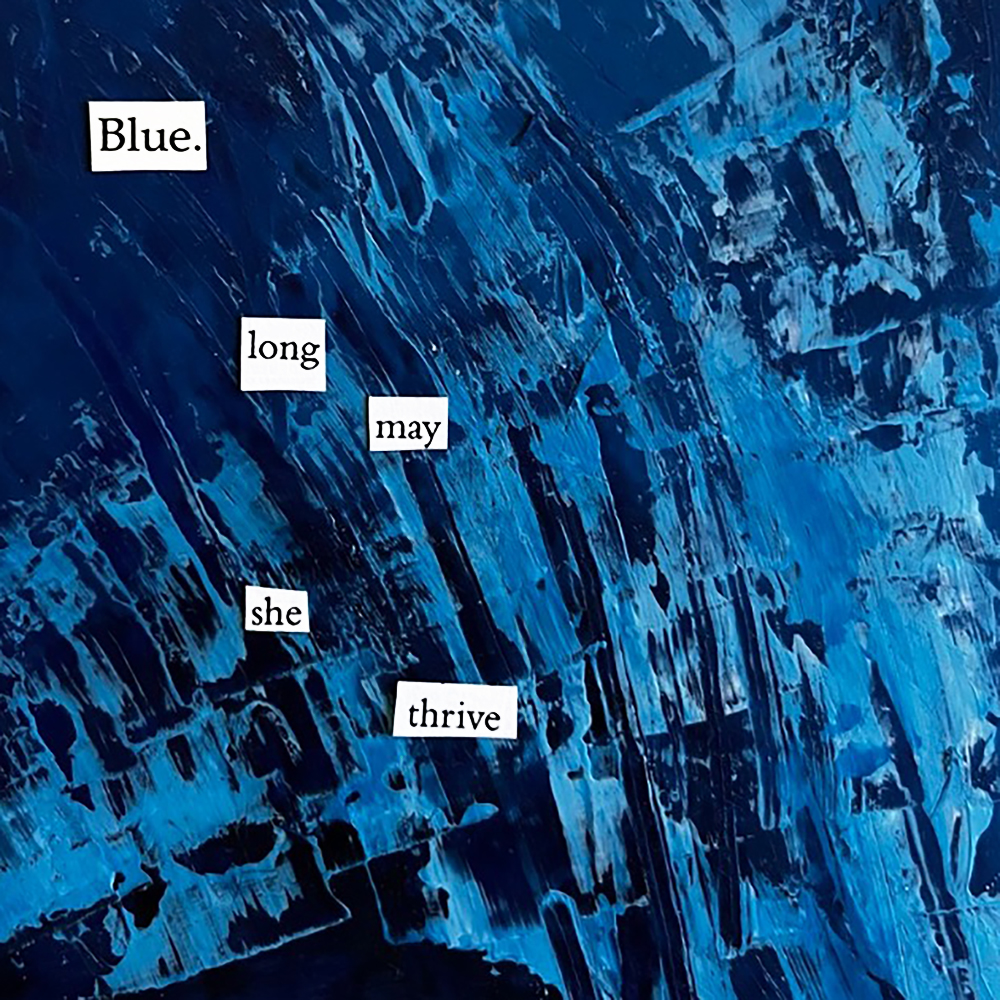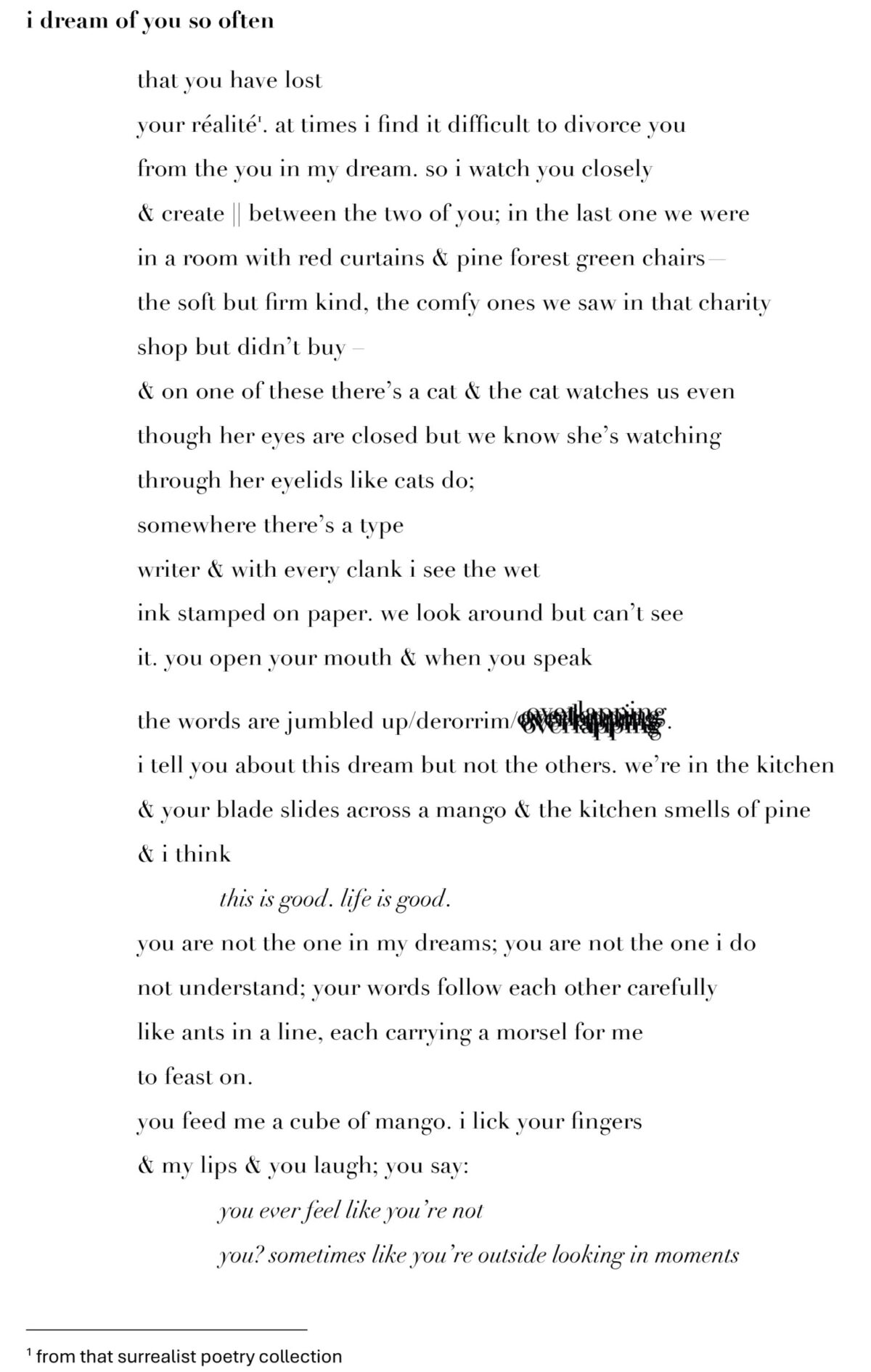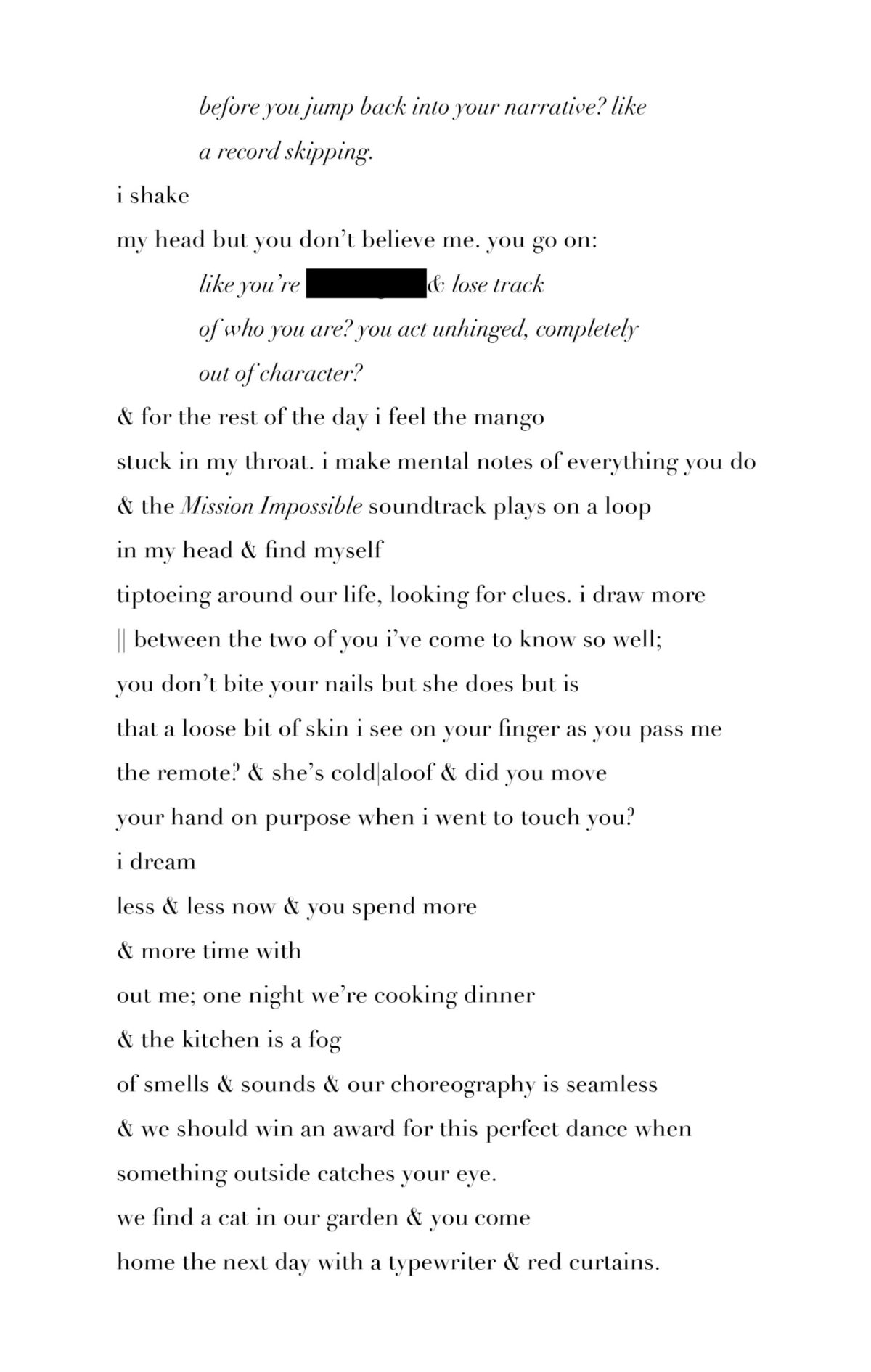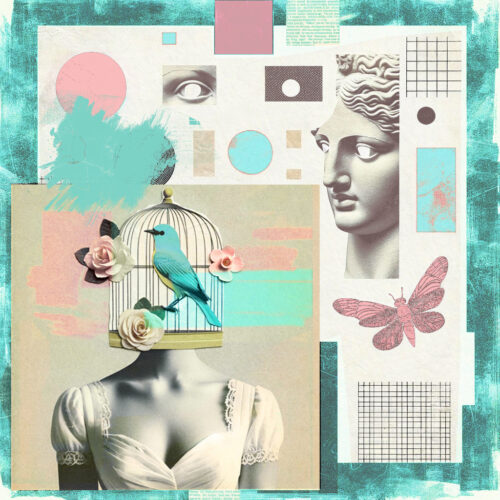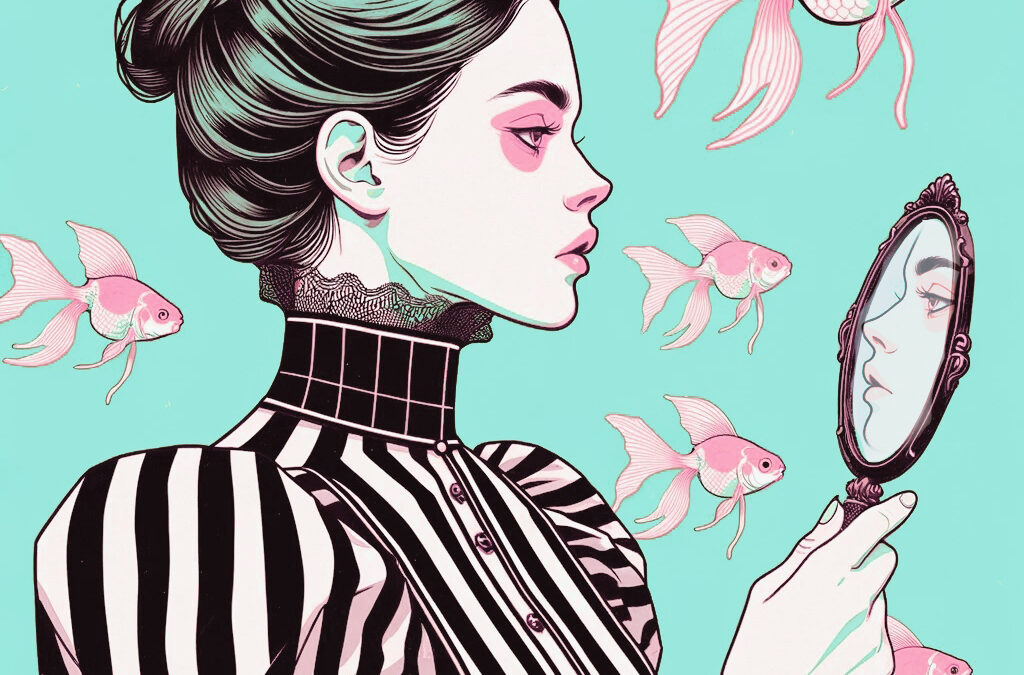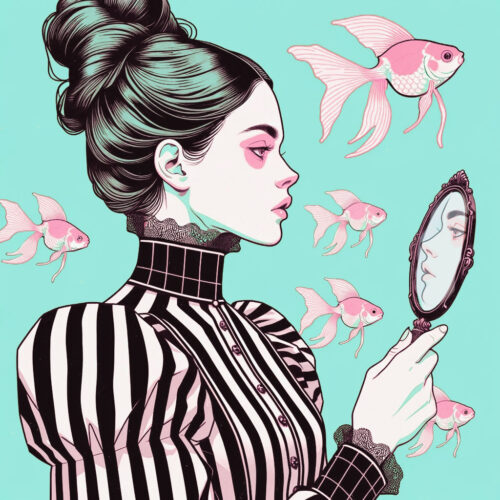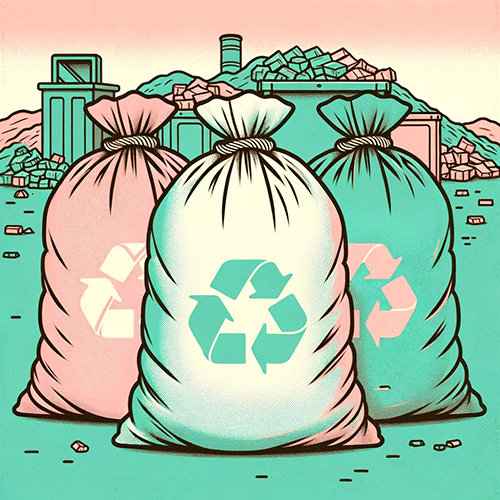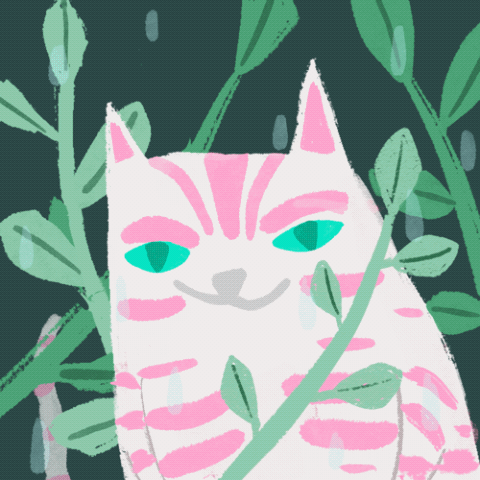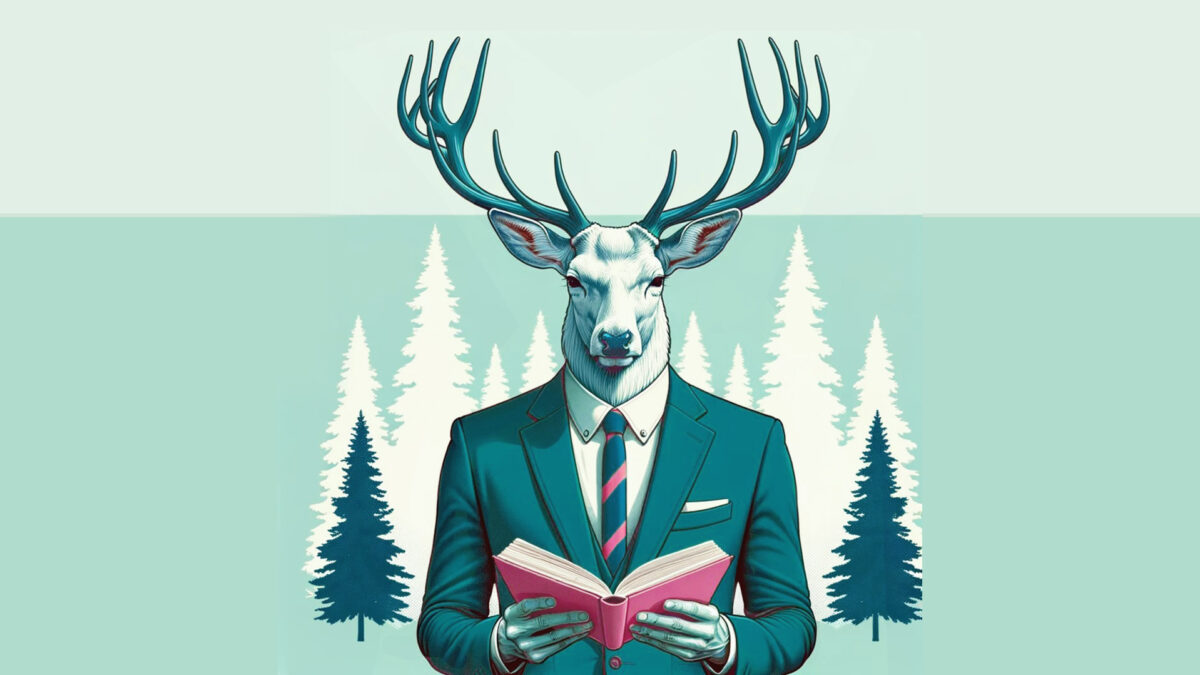The Real Thing
The Real Thing
Flash Fiction
by Jeanette Russo
Kazuko sits down at the kitchen table opposite her husband Nick.
‘Nice day,’ she says.
His eyes remain fixed on his newspaper. He always checks the obituaries before reading anything else. He is a great believer in “paying your respects”. That’s what good Italians do.
‘Did anyone die?’ she asks.
‘Nobody we know.’
First thing each day he collects the Hudson Daily from the mailbox. Then he prepares his instant coffee. He doesn’t understand how she can drink the real thing. She doesn’t understand why he doesn’t understand.
‘Look at date,’ she says.
‘What?’
‘Look at date on paper.’
He brings it closer to his face. ‘Oh, yeah. Hmm. Happy First day of Fall.’
‘Today our—Today is our 25th Wedding Anniversary,’ she says.
‘Oh, yeah. It is.’ His eyes remain on the page. ‘You want to do something? Let’s go to Cascades and grab a sandwich. We can get one of those tuna melts you like?’
‘Cascades? I prefer stay home and make own sandwich. Anyway, I do not wish anyone to know we celebrate anniversary in luncheonette,’ she says.
‘Well, it’s just another day anyway, isn’t it.’
He stands abruptly.
She flinches.
He walks around to the other side of the counter, fills his cup with tap water and places it into the microwave to boil for another instant coffee. ‘What do you care what other people think anyway?’
‘You are right. Stupid of me to mention.’
He keeps his back to her while he waits for the machine to ding. Then he scoops in a heaping spoon of instant Folger’s and two sugar cubes, stirring so vigorously it spills. He leaves it the mess and returns to his paper.
‘Look at this. They’re building a new Mount Carmel Church right near here. In Stottville.’
‘That’s nice.’ She couldn’t care less about that church. She couldn’t care less about anything in their town. She has no friends here. Never had.
‘You be happy Nick?’ Her body stiffens as the wrong words spill out, but it is too late.
‘Jesus Christ. You’ve been here for more than twenty-five years. Come on. Say it,’ he shouts. ‘Are – you- happy – Nick. Is that what you want to ask me? Say it!’
Her eyes remain fixed on her hands as she folds an unfolds a paper napkin into an origami crane. Her lips move, repeating the phrase to herself.
He gets up and goes to the cupboard, he takes a glass and a bottle of Jack Daniels. He returns to his chair, pours himself a double and lights up a Lucky Strike that he keeps in the drawer for emergencies.
‘You smoke again?’
‘I didn’t forget our anniversary. What’s to celebrate? You know, maybe… if you had tried to learn to speak English better…’
She stands up and closes the window behind him so the neighbours don’t hear. Then, she crosses the kitchen and pours herself a cup of coffee. On the fridge is a photo, faded with age. They are in Tokyo in their favourite restaurant celebrating their engagement. Cheek to cheek. Drunken smiles. A couple mad about each other.
She turns to look at him. Funny. That smile, she hadn’t seen it in years. She takes the photo down, crumples it in her hand and slips it into the pocket of her robe.
She leaves her coffee and instead, takes a glass from the cupboard. She sits down in front of him and reaches for the bottle of Jack.
‘What the hell are you doing?’
‘I like drink too. I celebrate that I survive twenty-five years with you.’
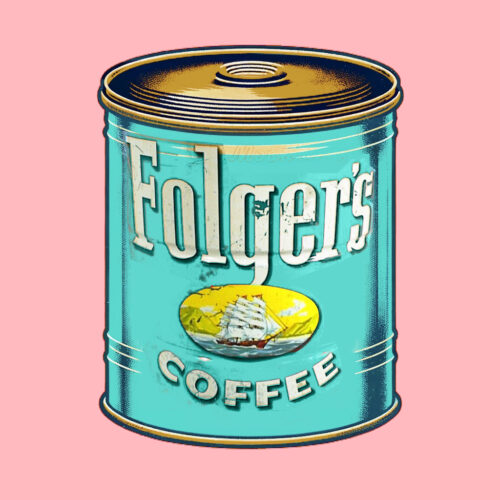
About the Author
Jeanette is an American writer of Japanese descent living in Majorca, Spain. She has previously lived in the UK, Brussels, and Paris which has… blah blah. She has just completed an MA in Creative Writing, and is working on her first novel based on the life of her mother, a Japanese war bride, as well as a flash fiction collection.


